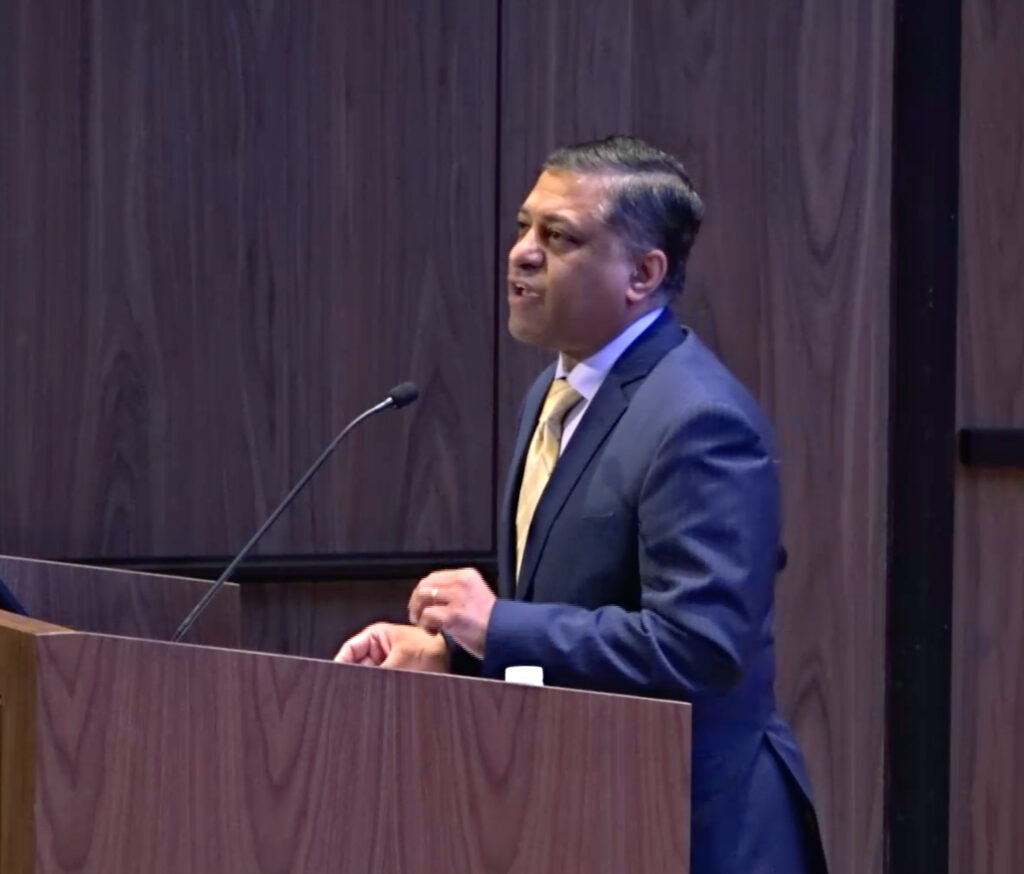White House drug czar: Increasing methadone access in prison is the ‘right thing’
New policies are making it easier for incarcerated individuals to access treatment for substance use disorder, which could potentially save thousands of lives each year
Key Takeaways:
- The Biden administration is making it easier for those who are incarcerated to access treatment that addresses opioid abuse disorder via a combination of pharmaceuticals and counseling
- An estimated 27,000 overdose deaths in the U.S. in 2021 were among individuals in carceral settings or those recently released

Freddie Flores, a Camden, New Jersey, resident in his late 30s, has been in and out of police custody since he was 18, on drug-related charges. During the same period, he struggled with a dependency on Percocet, an opioid.
Yet he was not diagnosed with substance use disorder until he arrived at the Camden County Correctional Facility, which screens people when they arrive and provides medical-assisted treatment to those struggling with an addiction.
During a recent event at the Johns Hopkins University Bloomberg Center about the use of methadone, a drug used to treat opioid abuse disorder, in jails and prisons, Rahul Gupta, director of the Office of National Drug Control Policy, described meeting Flores.
“Now when I talk to him, he sees a better future for himself and says he is excited to show this off to his two sons, ages 8 to 9,” Gupta said. “And he said he was looking forward to a new beginning.”
New policies increase access
The Biden administration has enacted new policies designed to make it easier for people in jail to access medication-assisted treatment (MAT), an approach that combines pharmaceuticals with counseling and therapy to address opioid abuse disorder.
- In 2022, the Drug Enforcement Agency removed regulatory barriers for states looking to provide the incarcerated with MAT.
- A year later, the federal government gave states the option to apply to use Medicaid funds to pay for substance use disorder treatment for incarcerated individuals and post-release support.
“We’ve estimated that 27,000 of the overdose deaths in the United States in 2021 were among persons in carceral settings or those recently released,” Gupta said. “We’ve ignored this population for too long.”
Previous studies have indicated providing substance abuse treatment in jail can reduce both overdoses and recidivism. In Rhode Island, post-incarceration overdoses decreased 60% after the state began providing in-jail treatment. One model found nearly 2,000 overdose deaths could be prevented annually in the U.S. with the use of medical-assisted treatment.
What’s next
Gupta is now focused on encouraging more states to apply to the Medicaid program. Sixteen states have applied so far and three—California, Montana, and Washington—have been approved.
“Making sure we aren’t locking up people with substance-use disorder and making sure that people get the addiction treatment and job support they need—these are more than just good policies,” he said. “They are the right things. They are the smart things. They will save lives.”